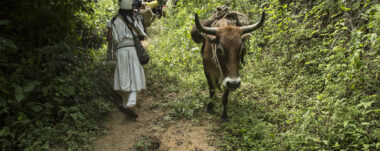Most trafficked animal species in the country
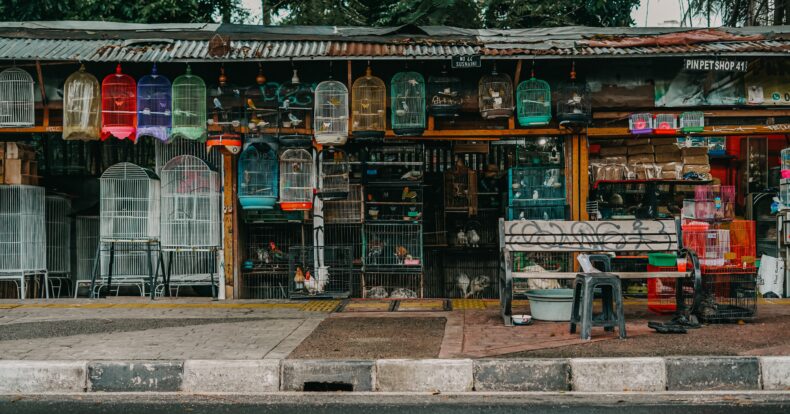
Costa Rica is home to some of the most diverse and beautiful wildlife in the world, making it a popular destination for tourists and nature enthusiasts alike. Unfortunately, this has led to an increase in the illegal trafficking of certain animal species. The most trafficked species in Costa Rica range from miniature orchids, spiders, glass frogs, butterflies and beetles. This article will explore the reasons why these animals are so heavily trafficked and what can be done to help protect them from poachers.
Animal trafficking is a growing problem in many countries, and the most trafficked species are used for a variety of purposes. End uses of these species can range from the manufacture of collectibles to the illegal sale of exotic animals as pets.
Illegal trafficking
Animal trafficking is a global problem with serious consequences for both animals and humans. It is estimated that more than 7,000 species of animals are trafficked into the country each year, making it one of the most trafficked animal species in the world.
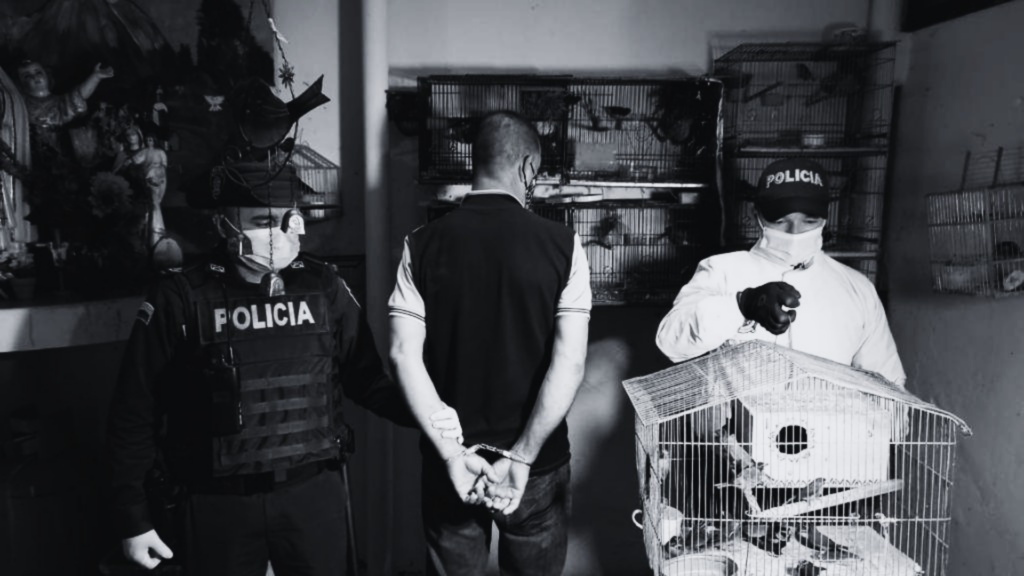
The most common form of animal trafficking is through illegal trade networks, where traffickers generate by-products from them or create collections of the different specimens. This has led to numerous abuses and mistreatment of these creatures, as well as the destruction of their habitats. As a result, it has become increasingly important to understand what animal trafficking looks like and how we can prevent it from happening in our country.
A problem in the country
In Costa Rica, animal trafficking has become an increasingly serious problem. From feral cats to exotic parrots, these animals are often kept as pets in homes throughout the country. Costa Rica, however, is known for its rich biodiversity and is home to many endangered species. Unfortunately, the most trafficked animal species in the country are endangered due to poaching and illegal trafficking. This has caused a lot of damage to the environment and has also posed a threat to the survival of these animals.
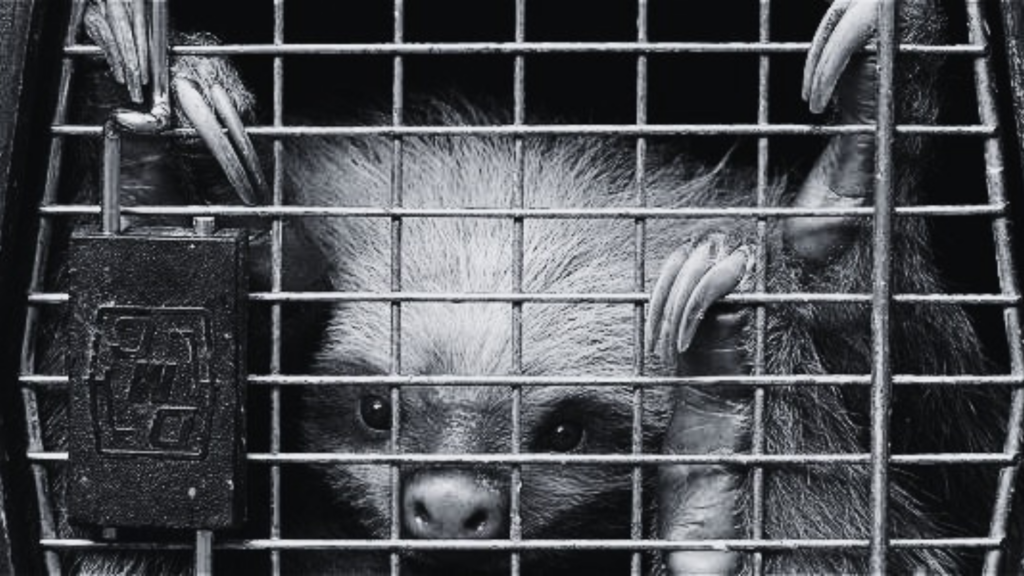
However, the government has taken several steps to address this problem. They have implemented stricter laws regarding animal poaching, established specialized police units dedicated to stopping animal trafficking, and launched campaigns to raise awareness of the issue. In addition, they have created programs that encourage people to help protect endangered species by providing financial rewards for their efforts.
These solutions are helping to reduce the number of trafficked animals in Costa Rica, but more needs to be done if we are to ensure their long-term survival. It is important that citizens of Costa Rica and other countries around the world develop a social conscience when it comes to protecting endangered species from illegal traffickers and poachers.
Endangered wild animals
Wild animals are often illegally trafficked as pets. Wild animals used as pets are seized, especially birds such as parakeets, parrots, macaws, setillards, eagles, and goldfinches. These wild animals are often confiscated when they are found in homes or pet stores. Illegal wildlife trafficking is a serious problem and can have devastating effects on both animal welfare and conservation efforts.
According to statistics, the most trafficked animals in Costa Rica are parrots, macaws, parakeets, jaguars and ocelots, tarantulas, butterflies, reptiles and amphibians.
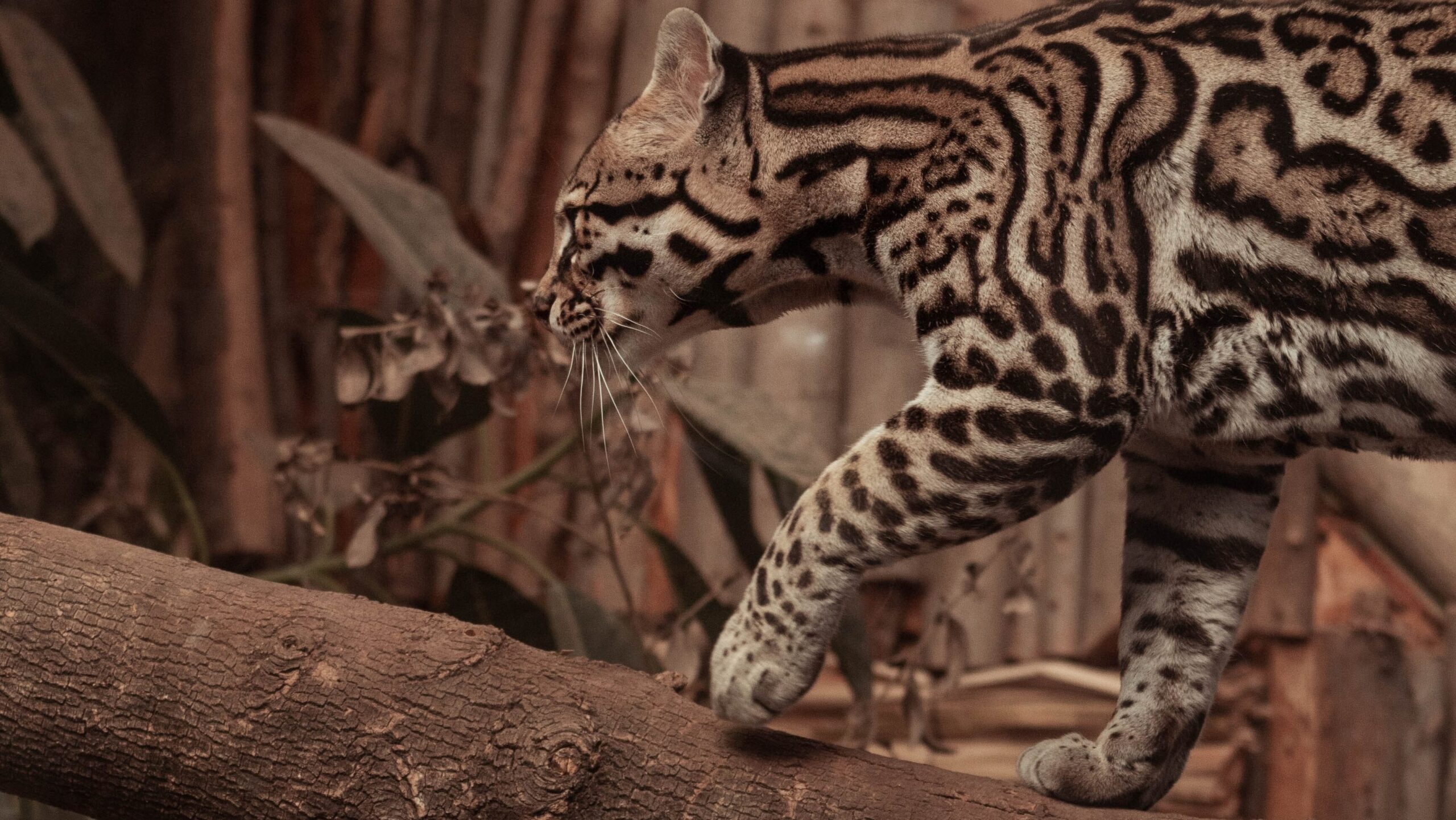
The trade in wild animals for pets has led to a decrease in their natural habitats due to deforestation, hunting and habitat destruction. In addition, it also increases the risk of disease transmission from wild to domestic species. It is important to take action to stop this illegal trade by raising awareness of its consequences and taking legal action against those involved in it.
For example, glass frogs are among the most trafficked animal species in the country. These amphibians are highly sought after by international traders, making them vulnerable to exploitation and illegal trade. Glass frogs have very fragile skin that is easily damaged, making them particularly susceptible to this type of trafficking.
Lack of protection from international trade has led to increased poaching and smuggling of glass frogs across borders.
Some of the species normally found in captivity are parrots, macaws, parakeets, toucans, monkeys, raccoons and boas.
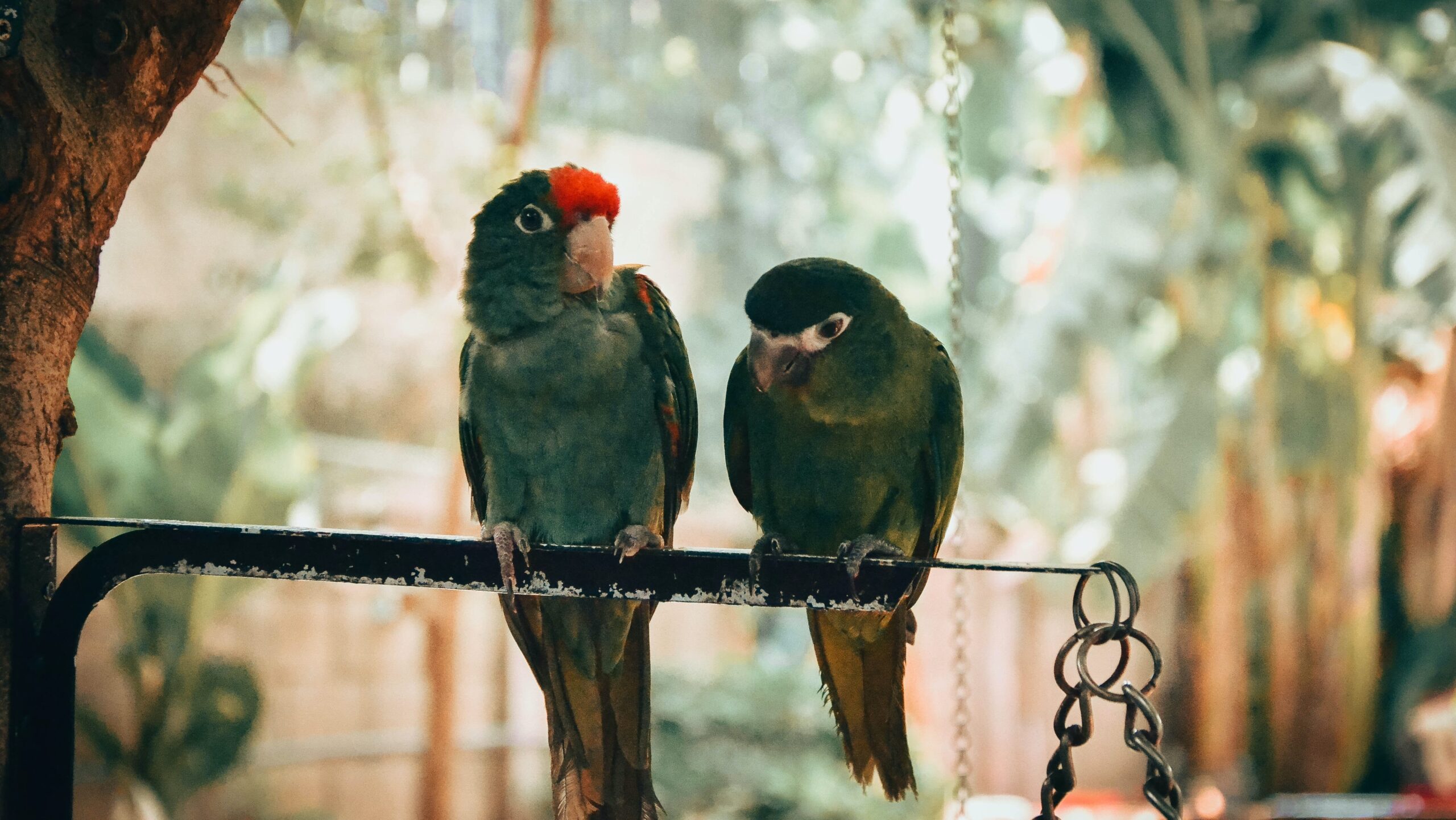
That is, the demand for certain animal species in the country is driven by people’s desire to be in a particular social status. As a result, certain animal species are heavily trafficked and people pay high prices for them. These trafficked animals are often taken from their natural habitat and sold illegally on the black market. This has caused many species to become endangered or even extinct due to overhunting and exploitation.
Zelda Walters for Sensorial Sunsets
Navigate articles




